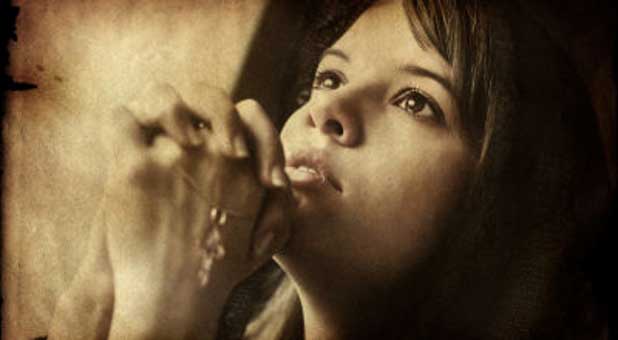Years ago a distraught pastor in Florida got in his car in the church parking lot and put a gun to his head. He had been trapped for months in a cycle of sex addiction that involved pornography, massage parlors and encounters with prostitutes. The weight of guilt he carried got so heavy that he decided to end it all. He says today that he would have pulled the trigger if an intercessor in his church had not been praying for him at the same moment he was contemplating suicide.
Today this pastor is one of my closest friends. I met him after he had gone through a period of rehabilitation in which he discovered—really for the first time—the healing power of the Father’s unconditional love and forgiveness. Because this man is so open about his past, other pastors call him almost every week to confide in him about their own failures. These men say they found it impossible to be vulnerable with anyone in their own churches, so they just suffered in silence.
It’s the same for many people in the pews. Women who have had abortions or who have endured sexual molestation or rape are reluctant to talk about their past—out of fear of being ostracized or condemned. Men who struggle with addictions to alcohol or pornography hide their ugly secrets because everyone else at church seems so perfect. All of us have become masters of the religious masquerade, concealing our wounds with plastic Sunday morning smiles.
Many of us have mastered the fine art of hiding pain. That’s tragic because the Bible tells us that we experience true healing when we confess our sins to one another (James 5:16). I meet Christians frequently who say they have never told one person about their “junk” because they anticipate rejection. So they live in a prison of shame—and pretend everything is fine.
This game of secrecy is especially painful for the many men and women in the church today who struggle with homosexual feelings. Many are loyal church members who have vibrant passion for God. Some of them have felt same-sex attraction since they were young, either because they were molested or because of inherited generational tendencies (Ex. 20:5).
Yet they cannot share the burden of their secret with anyone because they fear being stigmatized. And those who have worked up the courage to admit their weakness often have been met with blank stares and cold shoulders—or treated as if they have committed the unpardonable sin.
The world’s psychological “experts” insist that homosexuals can’t change. But Spirit-empowered churches in this country have the opportunity to prove that gay people—just like everyone else Jesus died for—have access to supernatural grace that breaks the chains of sin.
In order to offer that kind of healing, however, we must dump our self-righteous judgments—and our fear of a sin we don’t understand. We have to stop offering pat answers and Band-Aids to heal a condition that requires spiritual surgery, a lengthy recovery period, and lots of mercy and acceptance.
And most of all, we’ve got to make the church a safe place for gay people to take off their masks and ask for help. I hope you are ready to love them.
J. Lee Grady is the former editor of Charisma and the director of the Mordecai Project (themordecaiproject.org). You can follow him on Twitter at @leegrady.











































